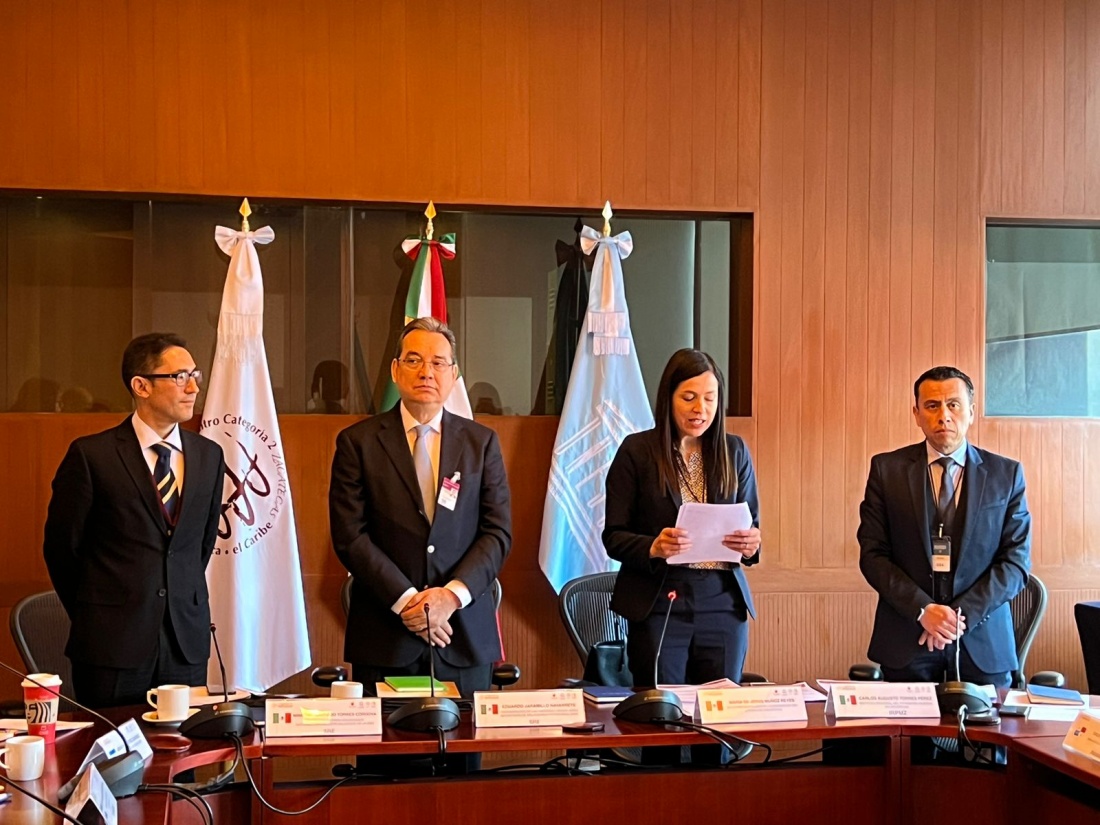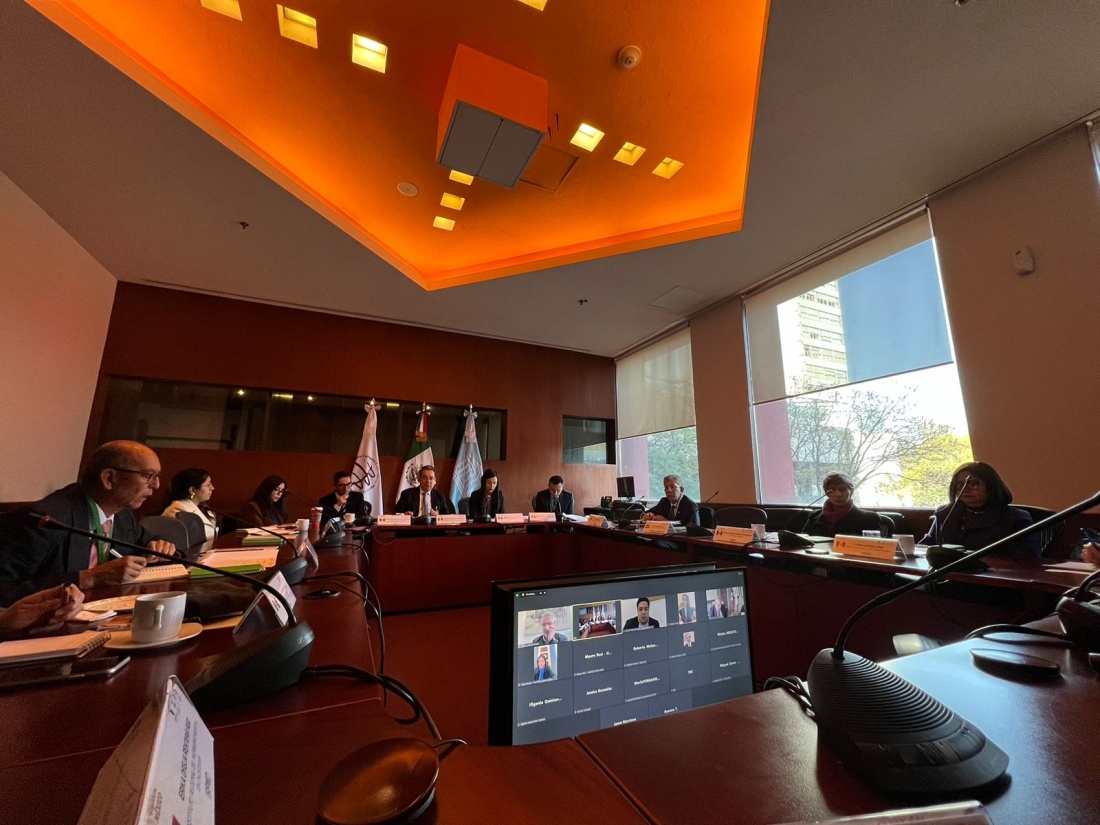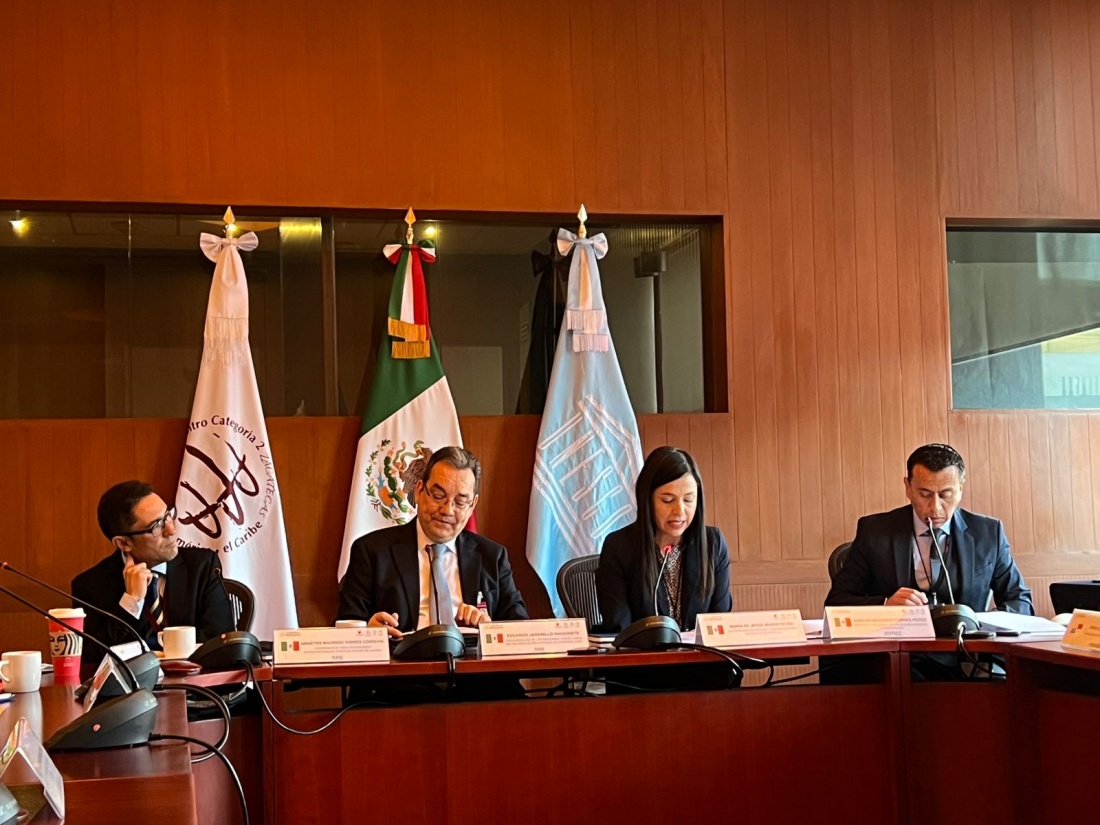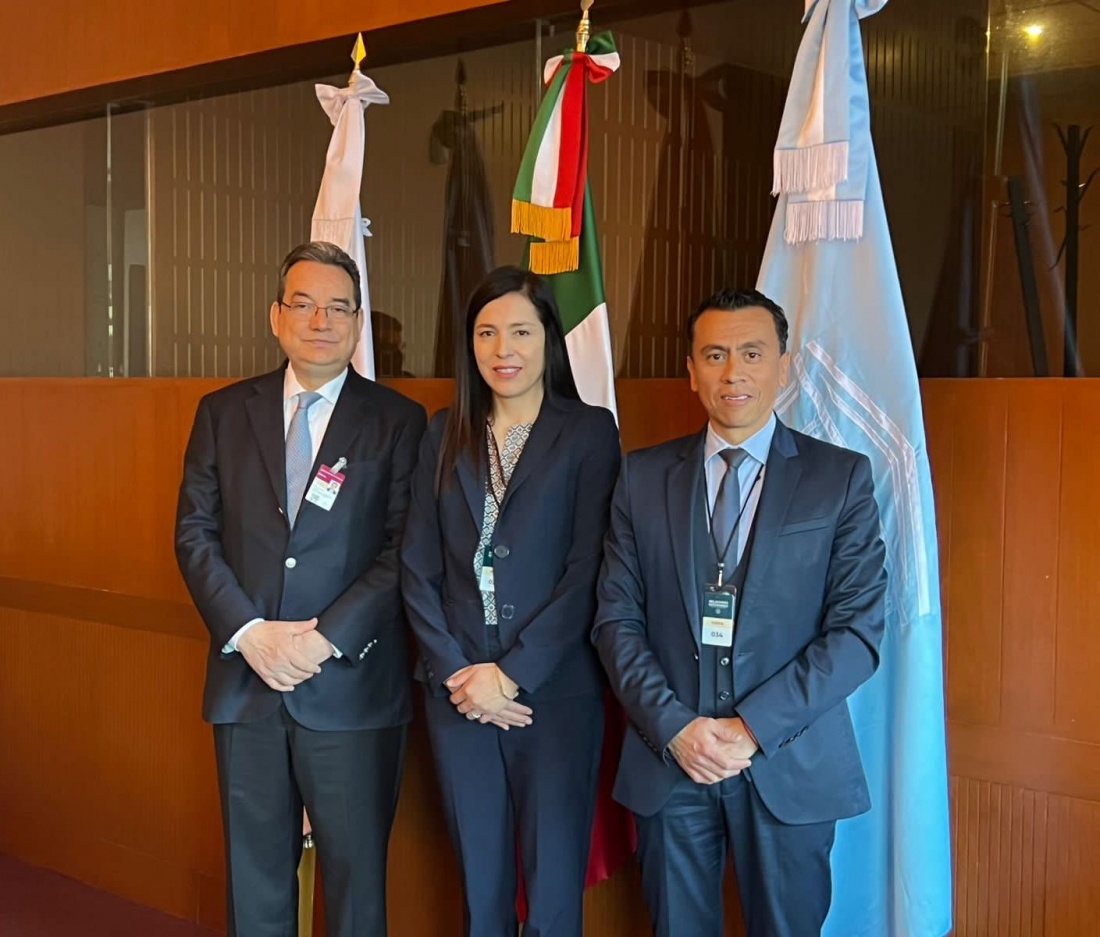2023 Work Plan Approved
2023 Work Plan Approved
of the Regional World Heritage Institute in Zacatecas

On February 2nd, the Second Ordinary Session of the Board of Directors of the Regional Institute of World Heritage in Zacatecas (IRPMZ) was held at the Ministry of Foreign Affairs in Mexico City. At this meeting, the 2023 Work Plan for this UNESCO Category 2 Center, which has been based in Zacatecas since 2009, was approved.
The IRPMZ is one of nine Category 2 Centers focused on World Heritage worldwide and serves the subregion of Mexico, Central America, and the Caribbean. Its mission is to support countries in implementing the 1972 Convention through capacity building, dissemination, and collaboration with institutions responsible for protecting and managing World Heritage.
Representatives from Mexican institutions responsible for cultural and natural world heritage, representatives from UNESCO and its advisory bodies, as well as representatives from Costa Rica, Cuba, El Salvador, Guatemala, Nicaragua, Panama, and the Dominican Republic attended the meeting.
Also participating were Mauro Rosi from the UNESCO World Heritage Centre, Saúl Alcántara Onofre from ICOMOS, Erick Cajar Grimas from Panama, Ariana Ninel Pleitez Quiñones from El Salvador, Blanca Arauz from Nicaragua, Merle Alejandra Fernández Gamarro from Guatemala, and Regina Quintanilla Jiménez from Costa Rica.
The session included a report on the process followed for the design of the 2023 Work Plan. Expressions of collaboration were received from the States Parties and institutions present, as well as greetings and recognition for Mr. David Monreal Ávila, Constitutional Governor of the State of Zacatecas and President of the Board of Directors of this Institute, for his unwavering support of culture and World Heritage.
In total, 27 activities were approved, including training courses and workshops for managers of World Heritage sites in the subregion of Mexico, Central America and the Caribbean, as well as activities of linkage and collaboration with UNESCO advisory bodies, with national entities such as INAH, INBAL and SEMARNAT, and with international bodies such as the Category 2 Center of Brazil.




